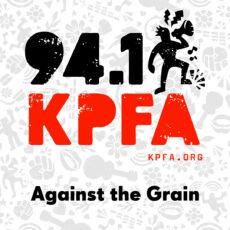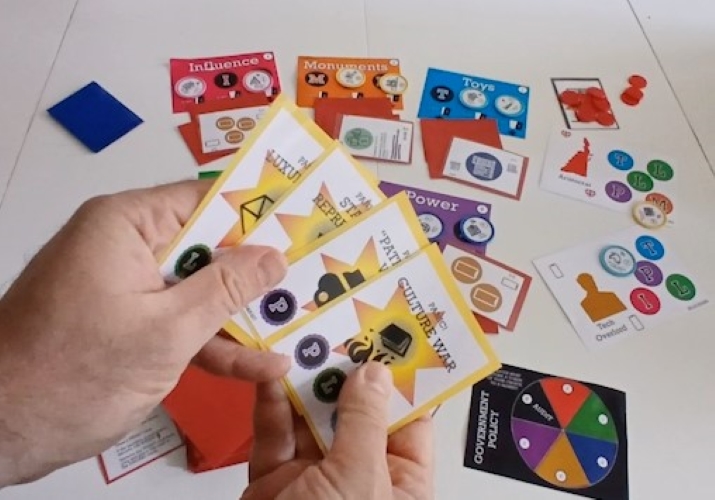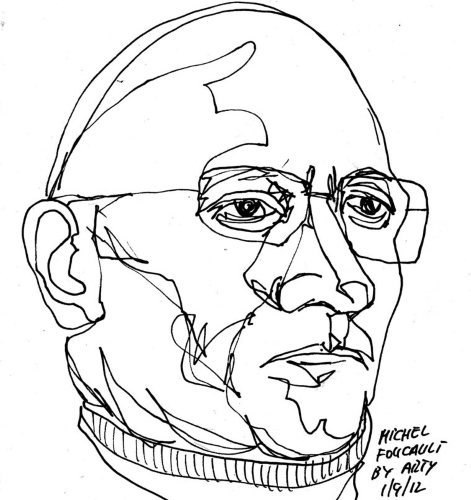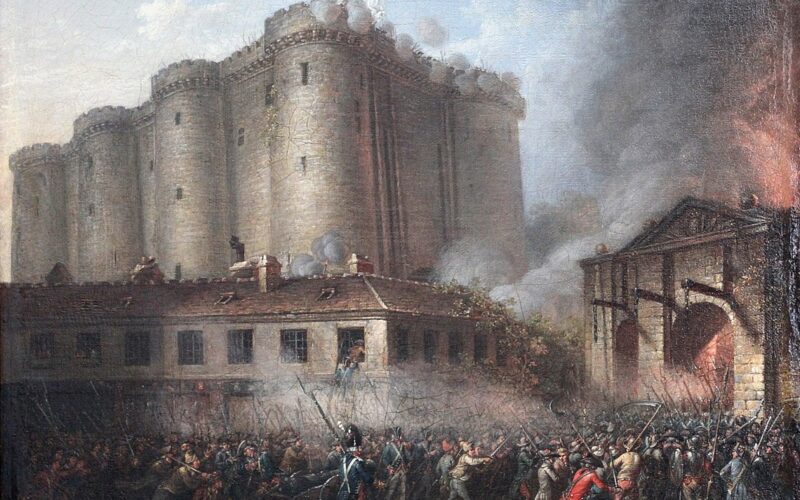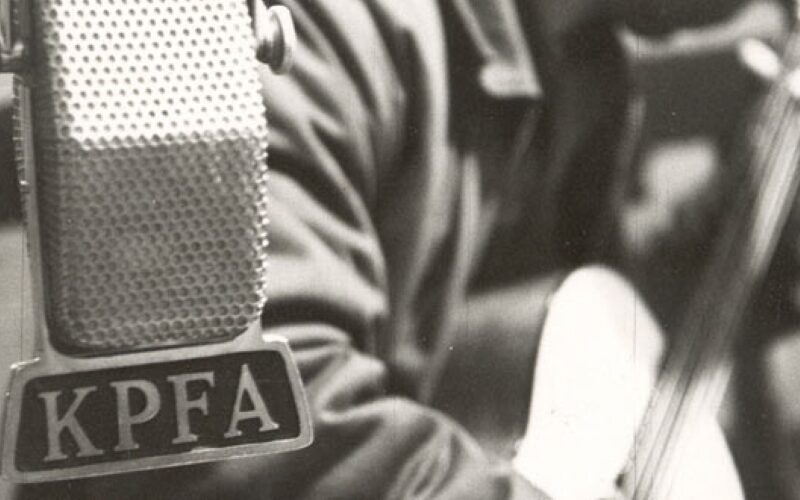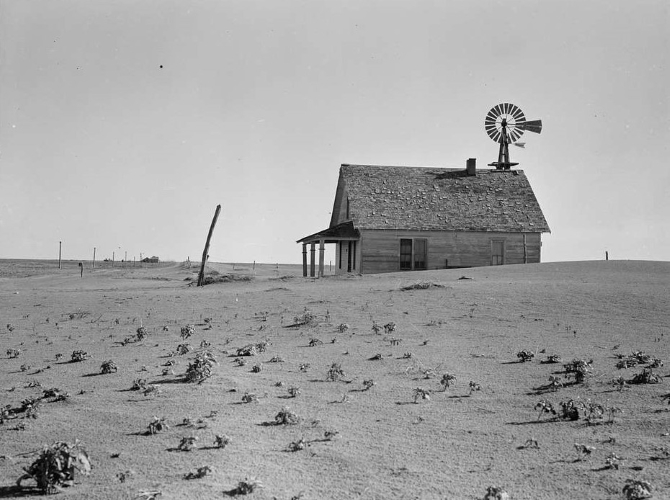For over half a century, Big Oil and the plastics industry, through their trade associations and front groups, have sold the public the false idea that plastics are recyclable. Recycling became the mantra of good ecological stewardship, promoted by the likes of city governments, school children, and environmental groups. Davis Allen lays out the mass-marketing … Continued


